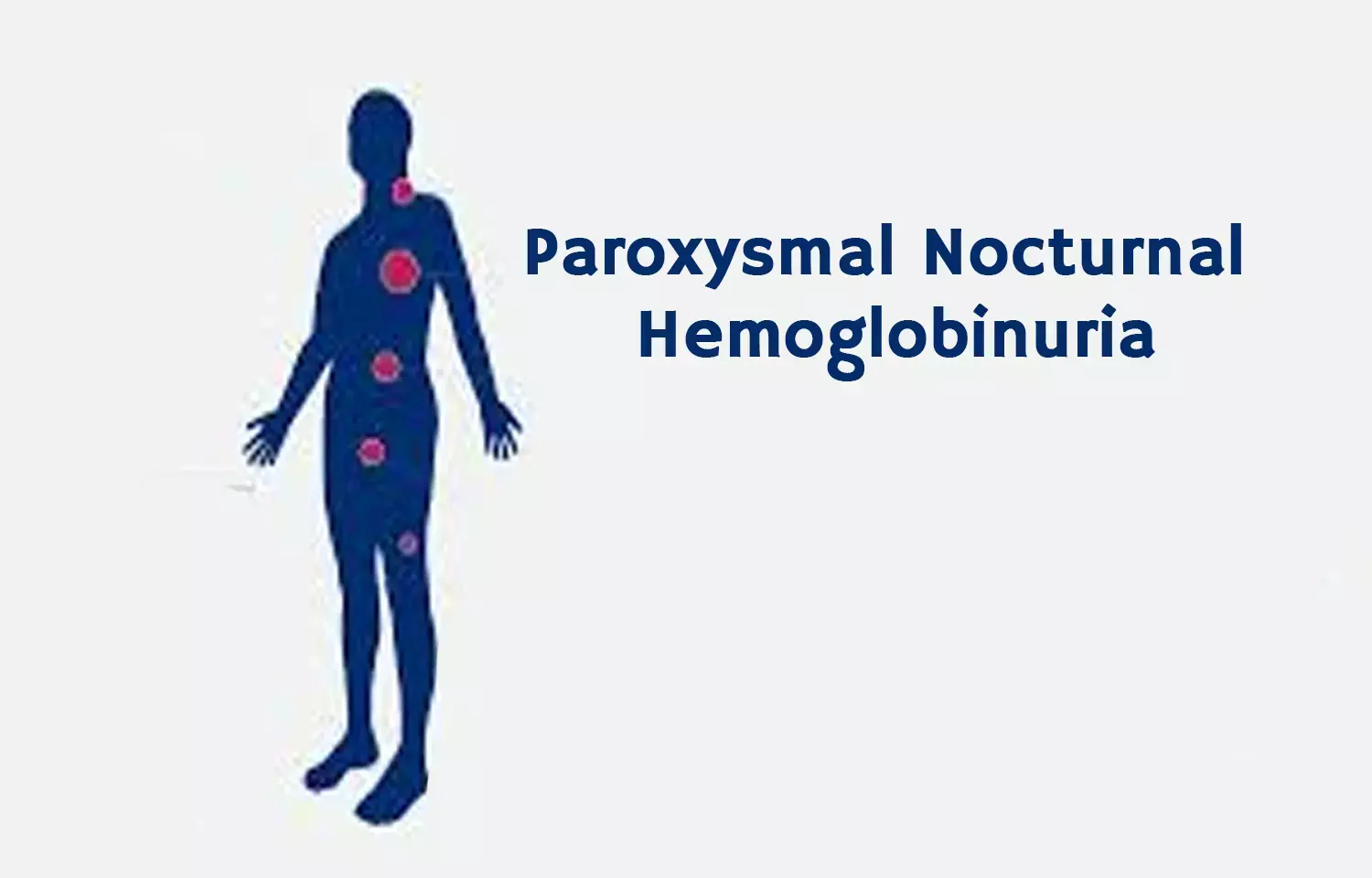- Home
- Medical news & Guidelines
- Anesthesiology
- Cardiology and CTVS
- Critical Care
- Dentistry
- Dermatology
- Diabetes and Endocrinology
- ENT
- Gastroenterology
- Medicine
- Nephrology
- Neurology
- Obstretics-Gynaecology
- Oncology
- Ophthalmology
- Orthopaedics
- Pediatrics-Neonatology
- Psychiatry
- Pulmonology
- Radiology
- Surgery
- Urology
- Laboratory Medicine
- Diet
- Nursing
- Paramedical
- Physiotherapy
- Health news
- Fact Check
- Bone Health Fact Check
- Brain Health Fact Check
- Cancer Related Fact Check
- Child Care Fact Check
- Dental and oral health fact check
- Diabetes and metabolic health fact check
- Diet and Nutrition Fact Check
- Eye and ENT Care Fact Check
- Fitness fact check
- Gut health fact check
- Heart health fact check
- Kidney health fact check
- Medical education fact check
- Men's health fact check
- Respiratory fact check
- Skin and hair care fact check
- Vaccine and Immunization fact check
- Women's health fact check
- AYUSH
- State News
- Andaman and Nicobar Islands
- Andhra Pradesh
- Arunachal Pradesh
- Assam
- Bihar
- Chandigarh
- Chattisgarh
- Dadra and Nagar Haveli
- Daman and Diu
- Delhi
- Goa
- Gujarat
- Haryana
- Himachal Pradesh
- Jammu & Kashmir
- Jharkhand
- Karnataka
- Kerala
- Ladakh
- Lakshadweep
- Madhya Pradesh
- Maharashtra
- Manipur
- Meghalaya
- Mizoram
- Nagaland
- Odisha
- Puducherry
- Punjab
- Rajasthan
- Sikkim
- Tamil Nadu
- Telangana
- Tripura
- Uttar Pradesh
- Uttrakhand
- West Bengal
- Medical Education
- Industry
Pegcetacoplan superior to eculizumab for paroxysmal nocturnal hemoglobinuria: NEJM

Delhi: Pegcetacoplan provides broad hemolysis control and is superior to eculizumab for improving hemoglobin and clinical outcomes in paroxysmal nocturnal hemoglobinuria (PNH) patients, finds a recent study. The findings of the study are published in the New England Journal of Medicine.
Paroxysmal nocturnal hemoglobinuria is a rare blood disease characterized by chronic complement-mediated hemolysis. Intravascular hemolysis can be controlled by C5 inhibition in untreated PNH but cannot address extravascular hemolysis. Pegcetacoplan is a pegylated peptide that targets proximal complement protein C3 and potentially inhibits both intravascular and extravascular hemolysis.
The researchers conducted a phase 3 open-label, controlled trial that was aimed to assess the safety and efficacy of pegcetacoplan as compared with eculizumab in adults with PNH and hemoglobin levels lower than 10.5 g per deciliter despite eculizumab therapy. After a 4-week run-in phase in which all patients received pegcetacoplan plus eculizumab, patients were randomly assigned to subcutaneous pegcetacoplan monotherapy (41 patients) or intravenous eculizumab (39 patients).
The primary end point was the mean change in hemoglobin level from baseline to week 16. Additional clinical and hematologic markers of hemolysis and safety were assessed.
Key findings of the study include:
- Pegcetacoplan was superior to eculizumab with respect to the change in hemoglobin level from baseline to week 16, with an adjusted (least squares) mean difference of 3.84 g per decilite.
- A total of 35 patients (85%) receiving pegcetacoplan as compared with 6 patients (15%) receiving eculizumab no longer required transfusions.
- Noninferiority of pegcetacoplan to eculizumab was shown for the change in absolute reticulocyte count but not for the change in lactate dehydrogenase level.
- Functional Assessment of Chronic Illness Therapy–Fatigue scores improved from baseline in the pegcetacoplan group.
- The most common adverse events that occurred during treatment in the pegcetacoplan and eculizumab groups were injection site reactions (37% vs. 3%), diarrhea (22% vs. 3%), breakthrough hemolysis (10% vs. 23%), headache (7% vs. 23%), and fatigue (5% vs. 15%).
- There were no cases of meningitis in either group.
"Pegcetacoplan was superior to eculizumab in improving hemoglobin and clinical and hematologic outcomes in patients with PNH by providing broad hemolysis control, including control of intravascular and extravascular hemolysis," wrote the authors.
The study titled, "Pegcetacoplan versus Eculizumab in Paroxysmal Nocturnal Hemoglobinuria," is published in the New England Journal of Medicine.
Dr Kamal Kant Kohli-MBBS, DTCD- a chest specialist with more than 30 years of practice and a flair for writing clinical articles, Dr Kamal Kant Kohli joined Medical Dialogues as a Chief Editor of Medical News. Besides writing articles, as an editor, he proofreads and verifies all the medical content published on Medical Dialogues including those coming from journals, studies,medical conferences,guidelines etc. Email: drkohli@medicaldialogues.in. Contact no. 011-43720751


